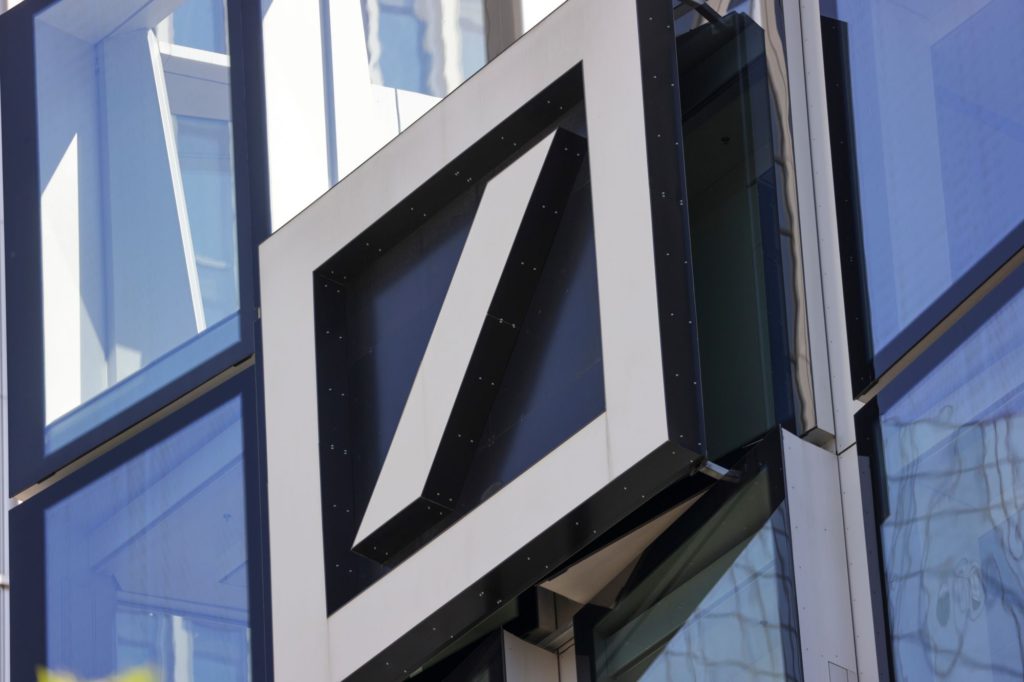Deutsche Bank AG is considering giving some of its top earners in Germany and other key markets an elevated salary increase to help offset surging inflation, while cutting bonuses for investment bankers who’ve seen weaker performance.
(Bloomberg) — Deutsche Bank AG is considering giving some of its top earners in Germany and other key markets an elevated salary increase to help offset surging inflation, while cutting bonuses for investment bankers who’ve seen weaker performance.
For staff not covered by standard wage agreements, base pay is likely to rise by as much as 4% on average, people familiar with the matter said. Individual raises could be higher or lower than that figure, said the people, who asked not to be named as the details are private.
A Deutsche Bank spokesman declined to comment.
Deutsche Bank, mirroring expected moves by Wall Street peers, will probably cut this year’s bonus pool for bankers who help companies issue stocks or bonds, while raising it for fixed income traders, the people said. The size of changes to the bonus pools hasn’t yet been finalized.
Companies across Europe are contending with demands from staff for higher wages to help them weather inflation that accelerated to a record after Russia’s invasion of Ukraine this year. JPMorgan Chase & Co. and Bank of America Corp. are among rivals weighing plans to cut bonuses for their investment bankers by as much as 30%, Bloomberg has reported.
Read More: JPMorgan, BofA, Citi Slash Banker Bonuses as Talent War Ends
The German lender’s debt origination revenue slumped 72% in the first nine months of the year while equity origination plummeted 82%. Amid the market turmoil on the back of the war and energy crises, many companies have shelved expansion plans and shied away from issuing bonds or shares. In contrast, Deutsche Bank’s fixed income and currencies trading revenue is up 26%, aided by investors rushing to reorganize their portfolios.
The move would also highlight how the war for talent that resulted in surging variable pay last year has reversed, as banks now seek to shrink their investment banking divisions. At the same time, higher interest rates in Europe mean banks’ lending revenues are surging, making it easier to grant bigger base pay awards.
Read More: No Place Like Home for European Banks Riding Higher Rates
Employees at German companies are generally split between those whose pay is set on an individual basis and others whose wages are determined by collective agreements, often hammered out between employers and labor unions. At banks, the former tend to be better paid and would include positions such as investment bankers or programmers while branch staff are an example of the latter.
An average salary increase of 4% would still be well below German inflation, which the Bundesbank sees at 8.6% this year and at 7.2% in 2023. Unionized staff at the Postbank retail unit won a 5.2% base pay increase in March.
At a conference last month, Deutsche Bank Chief Executive Officer Christian Sewing said his executive team was discussing what rising prices mean for the firm.
“Don’t think that inflation is something we can shrug off easily,” he said. “It also hurts our profitability.”
More stories like this are available on bloomberg.com
©2022 Bloomberg L.P.










